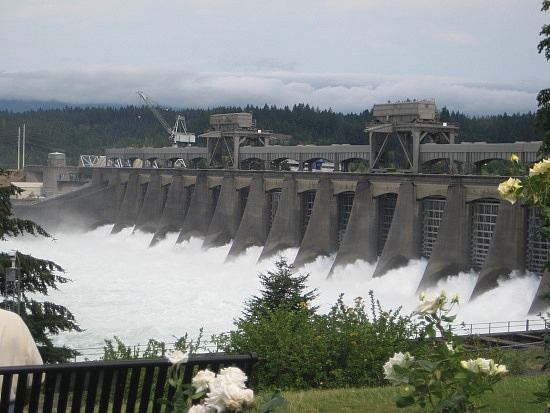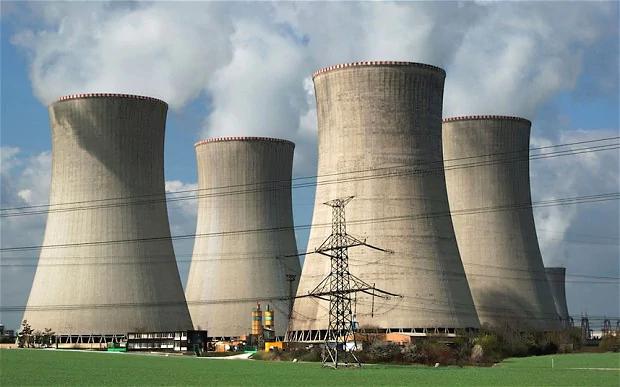What are the Conventional Energy Resources?
- The demand for energy is always increasing as the human population grows and our lives become more and more sophisticated. A large portion of the energy we use is in the form of electricity.
- Electricity is needed for a wide range of uses such as heating, lighting, motion and processing.
- Non-renewable energy resource or Conventional energy resource: An energy resource that effectively cannot be replaced once it has been used.
- The non-renewable resources are limited in reserves and it may take thousands of years to renew them. For example, coal or petroleum if taken out completely, may take millions of years to produce them.
(A) Why fossil fuels are so important?
Fossil Fuels:
Millions of years ago, the remains of plants and animals were buried under the earth by the forces of nature. The large amount of heat and pressure inside the earth converted these remains in fossil fuels, such as coal, petroleum and natural gas. These are the main sources of conventional energy.
The reserves of the fossil fuels are finite and limited. Their consumption is rapidly increasing in the modern world than their rate of formation. Thus one day or the other, the fossil fuels are likely to be exhausted.
They cannot be replenished like commodities derived from plant and animal kingdoms. Thus, we must develop alternative sources of power
(B) Thermal power plant:
Large amount of fossil fuels are burnt every day in power stations to heat up water to produce steam which further runs the turbine to generate electricity.
The transmission of electricity is more efficient than transporting coal or petroleum over the same distance. Therefore, many thermal power plants are set up near coal or oil fields. Here fuel is burnt to produce heat energy which is converted into electrical energy.
People also ask
- What are the Sources of Energy?
- What are the Non Conventional Energy Resources?
- How electricity is generated and transmitted?
- Advantages and Disadvantages of Electricity Generation
- What is Nuclear Energy?
- What is nuclear fission and how does it occur?
- How is energy released in a nuclear fusion reaction?
- What happens in a nuclear chain reaction?
- How does a nuclear power plant works?
- What are the pros of nuclear energy?
- What are the disadvantages of using nuclear energy?
- Importance of Proper Management of Radioactive Substances
 Hydroelectric energy is derived from the water in water bodies like rivers with the help of dams and generators.
Hydroelectric energy is derived from the water in water bodies like rivers with the help of dams and generators. Nuclear energy is released by the splitting or merging together of the nuclei of atoms. In nuclear power plants, this energy is utilized to produce heat energy, which is used to make steam for driving generators.
Nuclear energy is released by the splitting or merging together of the nuclei of atoms. In nuclear power plants, this energy is utilized to produce heat energy, which is used to make steam for driving generators. Solar energy is utilized with the help of solar panels and solar cells. Solar panels convert solar energy into heat and light energy while solar cells convert it to electrical energy.
Solar energy is utilized with the help of solar panels and solar cells. Solar panels convert solar energy into heat and light energy while solar cells convert it to electrical energy.